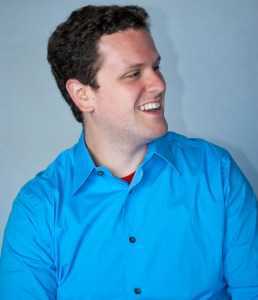

We can use it to predict and explain all kinds of natural phenomena, everything from why the sun shines to why the sky is blue, to why gold is the color that it is. Can you start by giving a brief overview of the debate? What's the Copenhagen interpretation of quantum physics and how does it bear on the question of what is real?ĪDAM: Basically, as you said, quantum physics is this phenomenally successful theory about the world.

Adam Becker, welcome to Story Behind the Story.ĬLARA: Your book is about the fight over the meaning of quantum physics, but I imagine a lot of people are completely aware that there even is such a thing. The New York Times called WHAT IS REAL? "a thorough, illuminating exploration of the most consequential controversy raging in modern science," and the Wall Street Journal called it "an excellent, accessible account of the fascinating, yet complex story of quantum dissidents." Though Adam has written about science for a slew of other publications, including The New York Times, the BBC, NPR, Scientific American, and The Scientist, it is his book that's the topic of our conversation toady. His new book, WHAT IS REAL?, tells the story of the century-long fight over the meaning of quantum physics - what this enormously successful theory, which as given us so much of the technology we use today, is actually saying about the world. I'm Clara Sherley-Appel and my guest today is Adam Becker. Many voices, Community Radio.ĬLARA: This is Story Behind the Story. Becker also talks about borrowing techniques from fiction writing to turn a true story about a complex and opaque area of scientific inquiry into an engaging narrative populated by distinctive characters.Īnnouncer: You're listening to KSQD Santa Cruz 90.7 FM. In our conversation, we talk about the social and political factors that have governed the understanding and application of quantum physics since its inception, as well as the people on both sides of the debate. But as Becker soon discovered, those questions were at the heart of a scientific debate that had been raging for nearly a century. Becker first encountered this controversy when, as an undergraduate student of physics at Cornell, a professor pooh-poohed his concerns over the implications of the standard model of quantum theory, developed by Bohr and others in the early 20th century, writing them off as philosophical questions, irrelevant to the study of science.


In What is real?, Adam Becker details the century-long fight over the interpretation of quantum physics - what this enormously successful theory, which has given us so much of the technology we use today, is actually saying about the world.


 0 kommentar(er)
0 kommentar(er)
